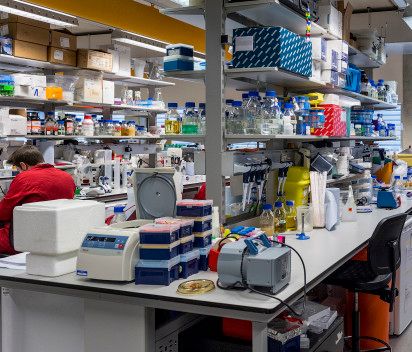BibTex format
@article{Sarkar:2017:nar/gkx733,
author = {Sarkar, P and Switzer, A and Peters, C and Pogliano, J and Wigneshweraraj, S},
doi = {nar/gkx733},
journal = {Nucleic Acids Research},
pages = {11131--11143},
title = {Phenotypic consequences of RNA polymerase dysregulation in Escherichiacoli},
url = {http://dx.doi.org/10.1093/nar/gkx733},
volume = {45},
year = {2017}
}
